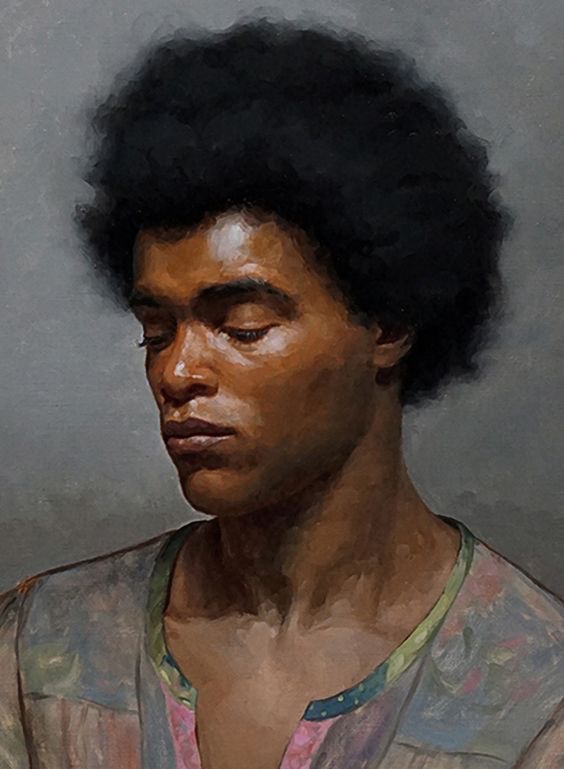
Impulse: how psyche influences sexual desire, behaviour and self-esteem
Written by Dr Precious Chikura-Dlamini
November, 3, 2022
Have you ever read those Sis Dolly columns in a magazine? It is amazing how diverse the sexual behavioral patterns and urges of a population are. Some people enjoy multiple sexual partner experiences, others go the more monogamous route. Some engage in frisky sexual practices, while others want to keep it as old school as possible. The list is as exhaustive as our bodies and imagination permit. What is notable though is that there is often a strong relationship between our sexual urges and sexual behavioral choices.
Our impulses and urges can drive our behavior to an extent that it becomes habitual and seems automated. These same urges and behaviors also impact how we see ourselves overall. We can say your sexual urges and behavioral choices can negatively or positively influence your self-esteem. Remember, your self-esteem is your sense of value and worth. It’s the result of a combination of your positive and negative judgements about yourself formed from childhood, throughout adulthood. It is influenced by experiences of love and acceptance, status in society, (well)illness, disability and relationships amongst other things. It is also informed by your sexual (in)experiences and feelings about those (in)experiences.
There is a feedback loop between your self-esteem and your sexual experiences. Positive sexual experiences boost your self-esteem and a high self-esteem heightens your sexual experiences. Conversely, having negative sexual experiences erodes your sense of value and having a low self-esteem prevents you from having a satisfying sex life and making decisions that are good for you in the long run. How you perceive (in)experiences, and yourself, links to your sense of worth, which forms your self-esteem. This in turn, informs what you feel you deserve – even sexually.
All the experiences we have, or anticipate and desire having, are processed through our psyche. Our psyche encompasses the conscious and unconscious mind. This influences how we perceive and process emotions, our behaviors and decision-making. There are three components, theorized by Sigmund Freud, by which our sexual urges and impulses are controlled: the id, the ego and the superego.
Imagine a person experiencing both a sexual urge and junk food while they’re at their desk at the office. While this is happening, they remember that they are on a health food diet to get their sugar levels down. Caught between these options, they decide to put off the sexual and sugar urge, and instead focus on work for the day. These conversations are happening in the mind, consciously and subconsciously. There’s a conflict between the
1) Id – which desires and wants instant gratification. Sex and food are instinctual desires. If the superego and ego did not exist, there would be no bounds, we would go straight for it regardless of the consequence, every time.
2) Ego – which is consciousness, and rational reality. For our person in the example, the Ego shows up in the assessing of the desires vs the reality that they are at work and on a health food path. The Ego helps us decide what is appropriate at any given time when all factors are considered.
3) Superego – which is the critical, moral compass, the “inner voice” constantly trying to get us to do the right thing. The Superego is like the angel on your shoulder that keeps Id in check – often pulling you in a different direction to the suggestions of the Id.
When it comes to urges and impulses, resisting the urge to act on your desires- delaying gratification- allows you to live a balanced life of fulfillment, where the consequences for acting or not acting, are well thought through. In addition, understanding where you stand with your self-esteem and the experiences that have shaped how you value yourself, is not only an important step towards happiness in general, but also to making safer and more satisfying decisions around your sexual and reproductive health. Your desires are instinctual but how you decide to act on them is in your control and the first step is working on the way you see yourself.
References:
- Image – https://pin.it/3rWDBiA
Ubusha Bami futhi yimi lo – My youth and this is me! © 03 November 2022